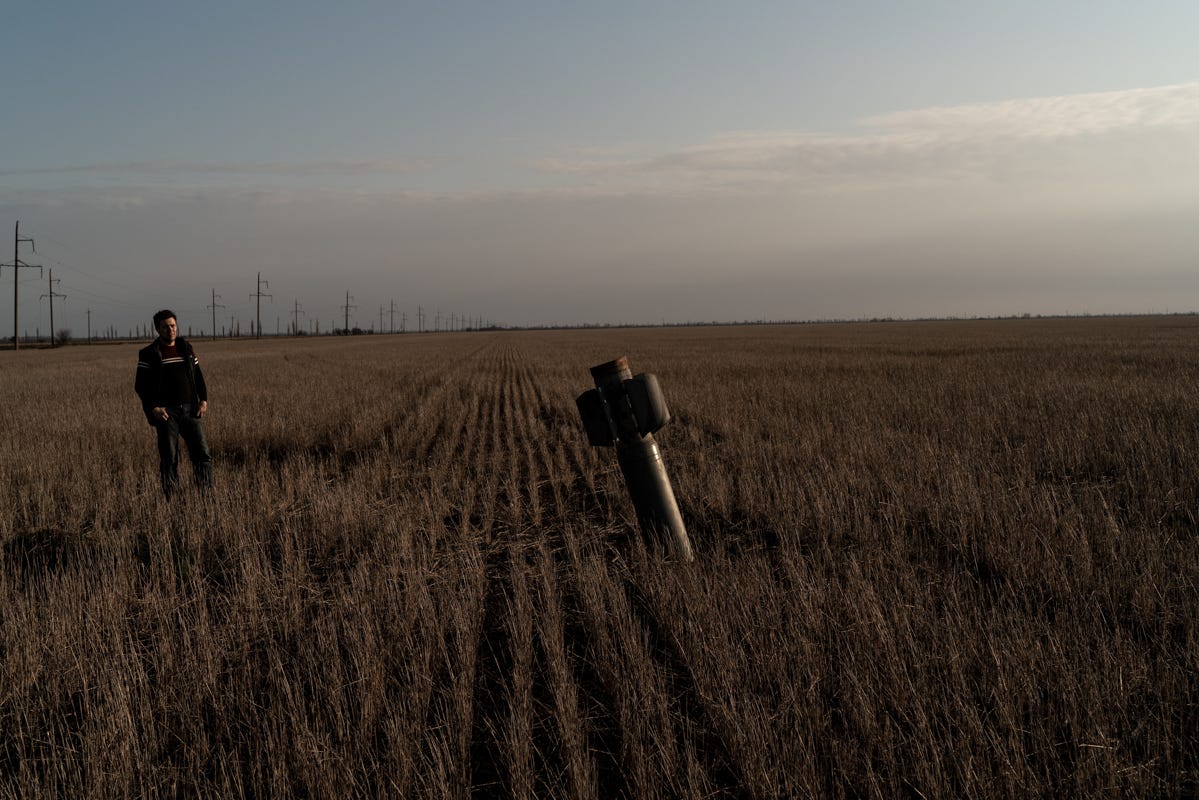TL(PM) DIGEST: Dancing on the debt ceiling
Plus a Ukraine grain deal in jeopardy, Arab dictators welcome Syria's Assad back into their club, and increasing pessimism on the economy

1. Market turmoil and public fury are the only things left to force politicians to resolve the debt ceiling crisis
What happened? President Biden met with congressional leaders yesterday to discuss the impasse over raising the debt ceiling to prevent default. No deal was reached, but all sides agreed to meet again.
Why does it matter? It’s not exactly clear when the U.S. will run out of money to pay bond holders and continue funding other government benefits, but the date is fast approaching. President Biden laid out two speculative paths out of the impasse—conceding unused COVID funds for deficit reduction and unilaterally invoking the 14th Amendment to continue federal payments without default—but committed to neither approach.
TLP’s take: The House of Representatives remains chiefly responsible for the current standoff, and Republicans had no problem raising the debt ceiling without preconditions when Trump was president but clearly saw a chance to extort concessions from Biden and the country at large that they could not win through normal politics.
The only way to resolve this dangerous standoff is for markets and voters, holding lots of money in retirement and investment accounts, to come down like a ton of bricks on everyone involved. Turmoil may be the only way out of the impasse, unfortunately, since reason and public spiritedness don’t seem to be working.
2. Ukraine grain deal in jeopardy
What happened? The Kremlin has threatened to pull out of the Turkish- and UN-brokered Black Sea Grain Initiative that’s allowed Ukraine to export agricultural products despite Moscow’s ongoing war against the country. Diplomats meet in Istanbul today to see if they can salvage the agreement in the face of Russia’s attempt to use it as leverage to gain sanctions relief.
Why does it matter? Much of the world depends on Ukraine and its grain to feed their populations, and a refusal to renew the Black Sea transit agreement would reduce the flow of grain and likely increase food prices around the world. In effect, Moscow is threatening to starve large numbers of people in order to wriggle out from sanctions meant to punish it for its aggression against Ukraine.
TLP’s take: Moscow has previously attempted to use renewal of the grain deal as a pressure point to force concessions, but has never followed through on its threats—and there’s no reason to expect this time to be any different. Turkey’s upcoming presidential election this weekend could throw a wrench into diplomacy—Ankara remains a key architect and supporter of the deal, and domestic political turmoil as the deal’s expiration date approaches would undoubtedly complicate efforts to renew it.
3. Arab nations cozy back up to Assad
What happened? Saudi Arabia invited Syrian dictator Bashar al-Assad to attend an upcoming Arab League meeting in Jeddah, the latest in a series of moves by Arab nations to reestablish relations with the butcher of Damascus after more than a decade of civil war in the country. Along with Egypt and Jordan, Saudi Arabia is restoring ties with the Assad regime and reopening its embassy in Damascus, while Syria has been readmitted into the Arab League.
Why does it matter? Even by the dismal standards of the region, the Assad regime’s brutality stands out—so even welcoming it back into a club chock full of dictators like the Arab League represents a blow to attempts to hold international relations up to a minimal level of decency. It’s also a strategic victory for Iran, which bet heavily on the regime and has now seen its regional rivals effectively admit defeat in both Syria and Yemen in recent weeks.
TLP’s take: It’s not surprising that the Arab League or regional governments like Saudi Arabia or Egypt would welcome Assad back into their ranks at some point; neither democracy nor human rights appear on their list of priorities. But that doesn’t mean the United States or its allies should follow course—it’s important not to let a murderous dictator like Bashar al-Assad back into wider international society even if he’s grudgingly accepted in regional politics, and to continue efforts to hold him and his regime accountable for its crimes against humanity.
4. Economic optimism dives in latest figures
What happened? New consumer confidence data from Investor’s Business Daily/TIPP finds a sharp plunge in American optimism about the economy.
The overall IBD/TIPP U.S. Economic Optimism Index plunged 5.8 points to 41.6, the lowest since November, after hitting a 16-month high in April. The index has remained in pessimistic territory, below the 50 neutral level, for 21 consecutive months.
Why does it matter? The IBD/TIPP research also finds that 55 percent of U.S. adults believe a recession is at hand—unchanged from earlier months, but below last October’s high. Investors, defined as those with at least $10,000 in household mutual funds or equities, continue to express greater optimism in the economy than do non-investors according to this poll.
TLP’s take: With widespread worries about bank collapses, job losses, and high interest rates, economic pessimism is certainly warranted. Given high public anxiety about the economy, President Biden needs to find a way out of the current impasse with House Republicans on the debt ceiling and budget or risk taking the personal blame for the declining economy as leader of the country in a re-election cycle.
Just one more thing…
A teetotaling hiker gets lost in the Australian wilderness but somehow manages to survive for five days on nothing but the bottle of wine she’d gotten as a gift for her mother.






